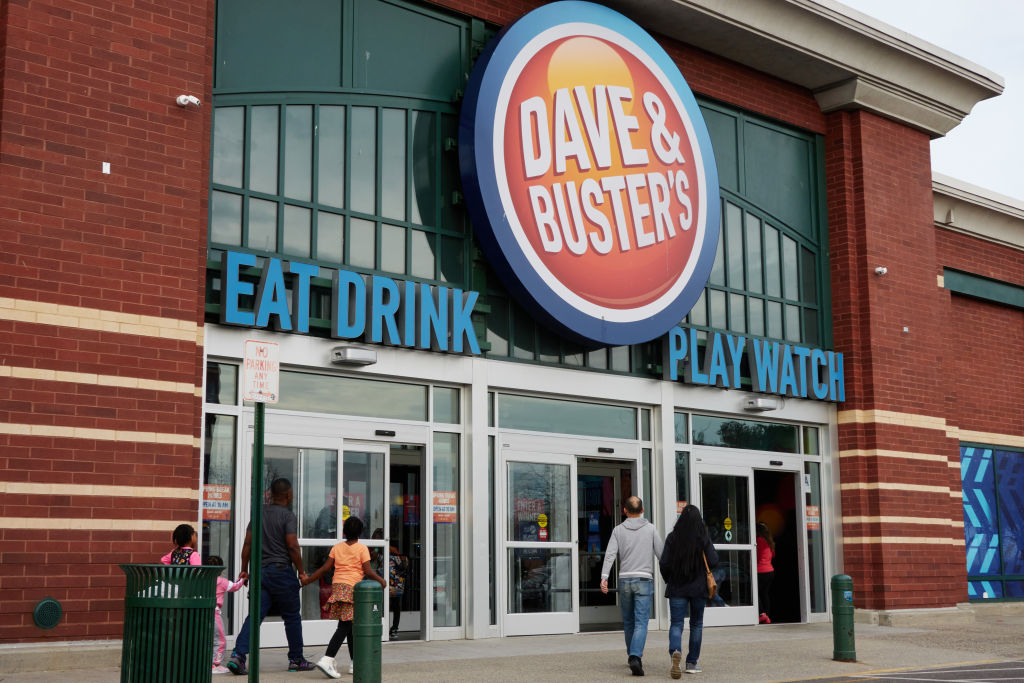
Dave & Buster's Entertainment (PLAY) stock is down more than 10% Thursday after the entertainment and dining chain's fiscal first-quarter results fell short of analysts' expectations.
In the 13 weeks ended May 5, Dave & Buster's revenue decreased 1.5% year-over-year to $588.1 million, driven by a 5.6% decline in same-store sales. The company also said its earnings per share (EPS) were down 26.3% from the year-ago period to $1.12.
"We continue to make material progress advancing our key organic growth initiatives," Dave & Buster's CEO Chris Morris said in a statement. "We have seen meaningful success growing our loyalty database through our new marketing engine, highlighting our enhanced food and beverage offering through compelling promotions, refining our games pricing strategy, driving incremental special events and clear outperformance in our remodel initiative which we expect will lead to substantial improvement in revenue and profitability over the medium term."
The top- and bottom-line results came up short of analysts' expectations. According to MarketWatch, Wall Street was anticipating revenue of $616 million and earnings of $1.73 per share. Analysts' were also expecting a smaller same-store sales decrease of 3.8%.
Is Dave & Buster's stock a buy, sell or hold?
Even though PLAY is down nearly 17% for the year to date, analysts remain bullish. According to S&P Global Market Intelligence, the average analyst target price for the consumer staples stock is $65.71, representing implied upside of more than 48% to current levels. Additionally, the consensus recommendation is Buy.
Financial services firm William Blair is one of those with an upbeat outlook on PLAY stock, maintaining its Outperform rating (equivalent to Buy) even after the weak quarter.
"While the pace of remodels creates some near-term difficulty in modeling, we are encouraged by the recent improvement in comparable trends in May and so far in June and remain optimistic on management's initiatives to unlock significant EBITDA [earnings before interest, taxes, depreciation and amortization] in coming years,” said William Blair analyst Sharon Zackfia in a note.







